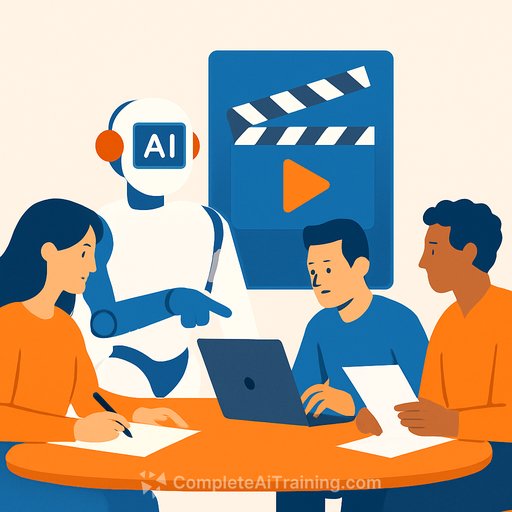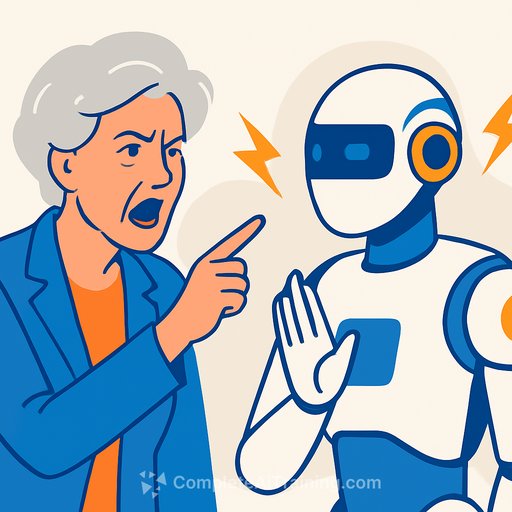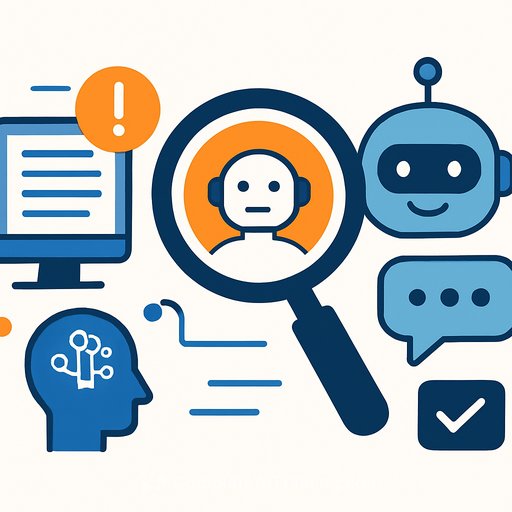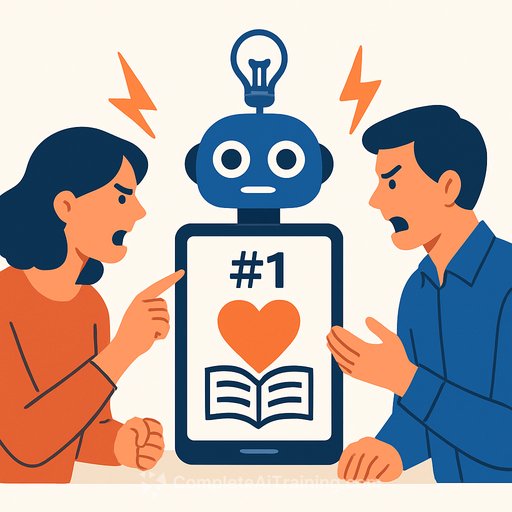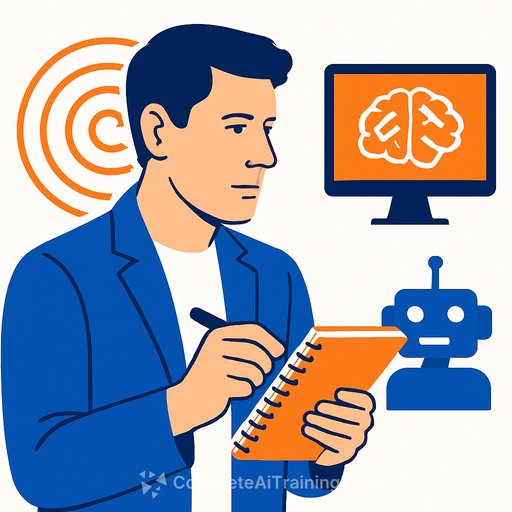AI in Hollywood: Simplifying Production Amid Legal and Creative Concerns
Artificial intelligence is making its way into Hollywood writers' rooms, stirring debate among studios, writers, and audiences alike. While AI tools promise to streamline production and spark new ideas, concerns remain over legal rights and the creative soul of storytelling.
For years, Hollywood has embraced technology to speed up filmmaking and reduce costs. Now, generative AI is entering one of the most sensitive creative spaces: scriptwriting. From big-budget franchises to indie projects, writers are divided. Some welcome AI as a helpful collaborator that adds depth, while others argue it lacks the emotional experience that shapes compelling stories.
Studios like Lionsgate are partnering with AI startups to accelerate production timelines and cut expenses. Meanwhile, the Writers Guild of America has protested, highlighting the irreplaceable human element behind great writing. Audience skepticism is also notable. A survey of 5,000 people across several Western countries showed that over half of US respondents would feel uncomfortable watching AI-influenced content.
AI Startups Transforming Screenwriting
Some startups are using AI to reduce risk in film development. For example, Largo.ai employs predictive AI to analyze screenplays and forecast their commercial success. By uploading anything from a synopsis to a finished cut, studios receive detailed insights on plot structure, genre shifts, emotional arcs, casting, and expected revenues.
The system compares scripts against a massive database of 400,000 films, including both Hollywood hits and indie works. It even runs simulated focus groups with "digital twins" representing real viewers. This process helps studios decide which projects to greenlight and guides script rewrites. If a story's emotional arc seems flat, writers get precise feedback to improve it.
According to Largo.ai, producers using their software see three times higher green-lighting rates and can conduct tests ten times faster and cheaper than traditional focus groups. This opens up access to quality feedback for smaller studios, enhancing both commercial and creative value.
Filmmakers Using AI as a Creative Partner
Some filmmakers experiment with AI to complement their creativity without surrendering control. Director Nik Kleverov used ChatGPT to check originality, brainstorm twists, and expand fictional worlds for his sci-fi short Memory Maker. Yet, he rejects fully AI-written scripts, calling them stale and unoriginal.
Kleverov values AI for exploring high-cost ideas with minimal risk but insists human creativity must lead storytelling. Similarly, an animation client of media consultant Rahul Gautama found AI-generated images—even flawed ones—sparked new narrative directions. Visualizing scripts early with AI tools offers writers fresh inspiration before filming begins.
New Storytelling Forms, With Limits
AI also enables interactive storytelling. Feature.io, led by Steven Ilous, creates "Smart Content" combining narrative with audience participation. In the series Lollipop Racing, viewers influence the story through a parallel race, and AI-generated digital avatars personalize the experience. Bonus scenes adapt to viewer choices, creating dynamic engagement.
Despite these innovations, Ilous limits AI's role to interactive features to preserve writers' artistic integrity. Others report less success—Robert J. Locke found AI script feedback services ineffective, arguing that emotional depth requires lived human experience.
Legal and Ethical Challenges
Using AI for writing raises copyright questions. US law requires human authorship for protection, so fully AI-written scripts without meaningful human input cannot be copyrighted. Scripts assisted by humans, however, may qualify.
Beyond legality, overreliance on AI risks eroding audience trust. A single AI-written episode in a series could disrupt character continuity and emotional authenticity. Sami Arpa of Largo.ai warns of "content inflation"—formulaic, average output resulting from treating AI as a magic wand. Talented creators remain crucial to stand out.
Balancing AI and Human Creativity
For now, most in the industry view AI as a tool, not a replacement for human writers. Studios may adopt AI to speed development and reduce costs, but the best stories still depend on human judgment and emotional insight.
The challenge lies in integrating AI without sacrificing what makes storytelling resonate. Whether audiences will embrace AI-augmented content remains to be seen, but the human touch remains essential for stories that truly connect.
Writers interested in learning how AI tools can assist their craft may explore AI courses tailored for creative professionals to stay informed on emerging opportunities.
Your membership also unlocks:

